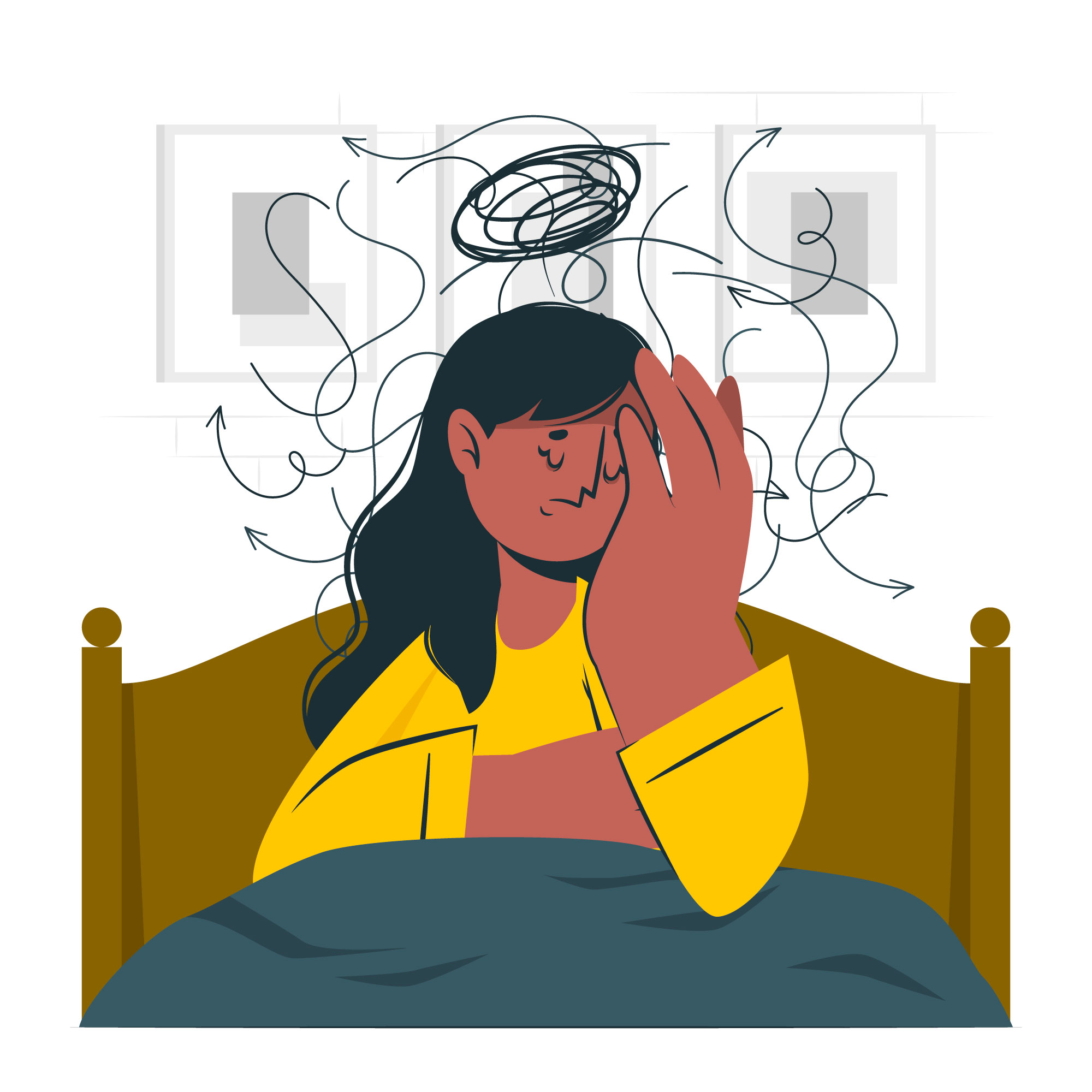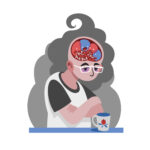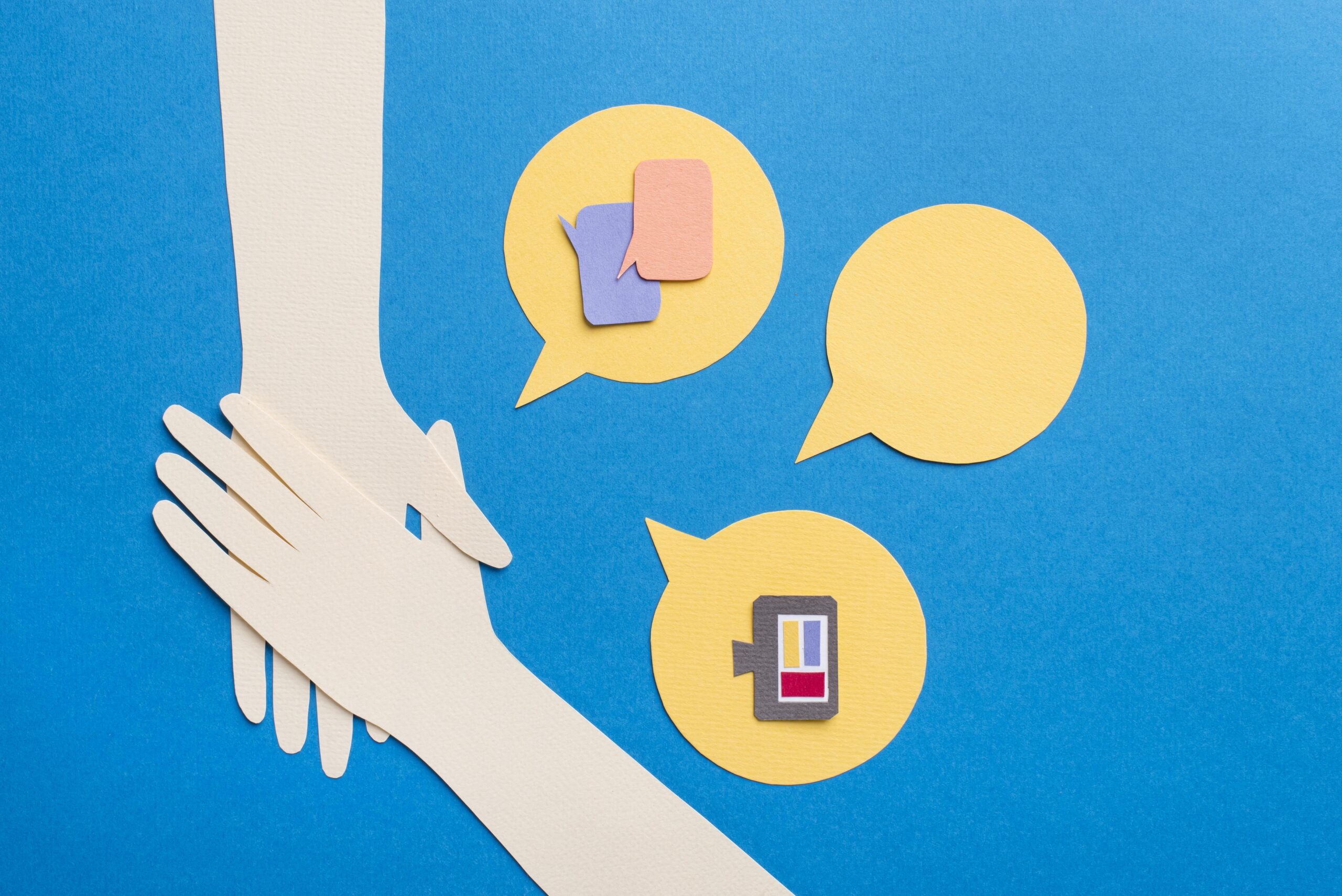Understanding ADHD Burnout: Causes, Symptoms, and Management Strategies
Attention Deficit Hyperactivity Disorder (ADHD) is commonly associated with symptoms like inattention, hyperactivity, and impulsivity. However, many individuals with ADHD also experience something less frequently discussed: ADHD burnout. This phenomenon can significantly impact daily life, productivity, and overall well-being. In this blog post, we’ll explore what ADHD burnout is, its symptoms, and effective management strategies.
What is ADHD Burnout?
ADHD burnout refers to a state of physical, mental, and emotional exhaustion experienced by individuals with ADHD. It often arises from the constant effort required to manage symptoms associated with the disorder, such as difficulty focusing, time management challenges, and impulsivity. This relentless struggle can lead to feelings of overwhelm and fatigue, ultimately impacting motivation, productivity, and satisfaction in daily activities.
Causes of ADHD Burnout
- Chronic Stress: Living with ADHD can be a source of ongoing stress due to difficulties in completing tasks, maintaining organization, and meeting deadlines.
- Extended Pressure: Constantly trying to adapt to societal expectations and personal obligations can create feelings of inadequacy, leading to burnout.
- Expectation vs. Reality: Individuals with ADHD might set high goals for themselves and feel frustrated when they struggle to achieve them, contributing to emotional exhaustion.
- Sensory Overload: Many people with ADHD are sensitive to sensory input, and being in overstimulating environments can deplete their energy quickly.
Symptoms of ADHD Burnout
Recognizing ADHD burnout is crucial for effective management. Some common symptoms include:
- Fatigue: Feeling consistently drained, both physically and mentally.
- Reduced Motivation: A noticeable drop in interest and motivation to engage in activities that were once enjoyable.
- Emotional Exhaustion: Increased irritability or frustration, often without a clear reason.
- Difficulty Concentrating: Trouble focusing on tasks or making decisions.
- Withdrawal: A tendency to isolate oneself from friends, family, or social activities.
- Physical Symptoms: Headaches, gastrointestinal issues, or other stress-related health problems.
Managing ADHD Burnout
While ADHD burnout can be challenging, several strategies can help manage and mitigate its effects.
1. Prioritize Self-Care
Make a commitment to regular self-care routines, including:
- Exercise: Physical activity helps release endorphins, which can improve mood.
- Balanced Diet: A nutritious diet supports overall brain health and energy levels.
- Adequate Sleep: Ensure you’re getting enough rest to help your mind and body recover.
2. Set Realistic Goals
Break tasks into smaller, manageable goals. This approach helps reduce the feeling of overwhelm and allows you to celebrate small victories, boosting your motivation.
3. Establish Routines
Creating consistent daily routines can provide a sense of structure and stability, making it easier to manage tasks and reduce anxiety.
4. Limit Overcommitment
Learn to say no to additional responsibilities when you’re feeling stretched. It’s essential to recognize your limits and prioritize tasks that align with your well-being.
5. Practice Mindfulness and Relaxation Techniques
Incorporating mindfulness practices, such as meditation or deep-breathing exercises, can help ground you and reduce stress. Regularly practicing relaxation techniques can improve your mental resilience.
6. Seek Support
Don’t hesitate to reach out for help from friends, family, or mental health professionals. Support groups for individuals with ADHD can also provide a sense of community and understanding.
7. Professional Guidance
Working with a therapist or coach who specializes in ADHD can help develop personalized strategies for managing burnout effectively. They can provide tools to improve coping mechanisms and enhance overall quality of life.
Conclusion
ADHD burnout is a real and challenging experience for many individuals with ADHD. By recognizing the symptoms and implementing effective management strategies, it is possible to reduce the impacts of burnout and sustain a fulfilling and productive life. Remember, it’s okay to seek help and embrace self-compassion on this journey. You’re not alone in navigating the complexities of ADHD and burnout—support is always available









